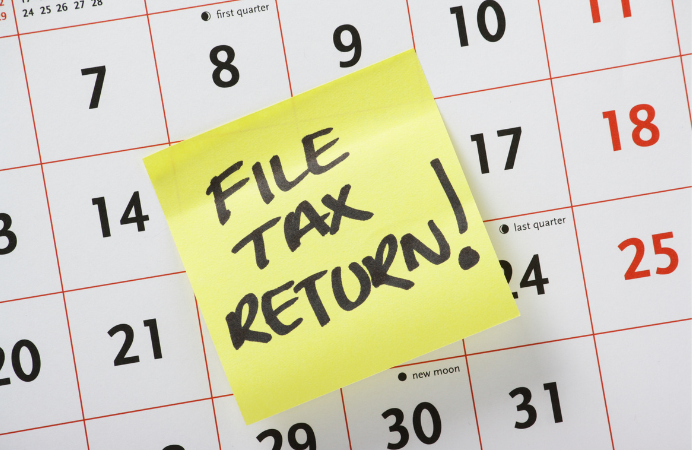Self-assessment is a way of reporting your income and paying tax to HMRC. With less than a month to go to the self-assessment deadline, HM Revenue and Customs (HMRC) is urging people to file their tax return for the 2022 to 2023 tax year.
Do you need to file a tax return?
If you are self-employed or receive any other income, you will need to submit a self-assessment tax return each year to pay income tax and National Insurance. You can check if you need to complete a tax return on the GOV.UK website.
How to submit your tax return?
The deadline to file a tax return and pay any tax owed is Wednesday 31 January 2024. You can submit your tax return for the 2022 to 2023 tax year and pay any tax owed on the GOV.UK website.
HMRC has a wide range of resources to help people file a tax return on the GOV.UK website. If you are unable to pay in full, HMRC may be able to help by arranging an affordable payment plan, known as Time to Pay for those who owe less than £30,000.
What are the penalties if you are late?
HMRC will consider a person’s reasons for not being able to meet the deadline, and those who provide HMRC with a reasonable excuse may avoid a penalty.
If you miss the deadline, you will be charged an initial £100 fixed penalty, which applies even if there is no tax to pay, or if the tax due is paid on time. If it is more than 3 months late, you could be charged an additional £10 per day, up to a maximum of £900.
On top of this, there are additional penalties for paying late of 5% of the tax unpaid at 30 days, 6 months and 12 months.
The clock is ticking
Councillor Louise Brett, the cabinet member for decent living incomes, said: “It is important for residents that are self-employed or receive any other income to file their tax returns now, to avoid a penalty.
The deadline is fast approaching, go to GOV.UK and search ‘Self Assessment’ to get started today. Don’t forget – it could be an expensive mistake”.







